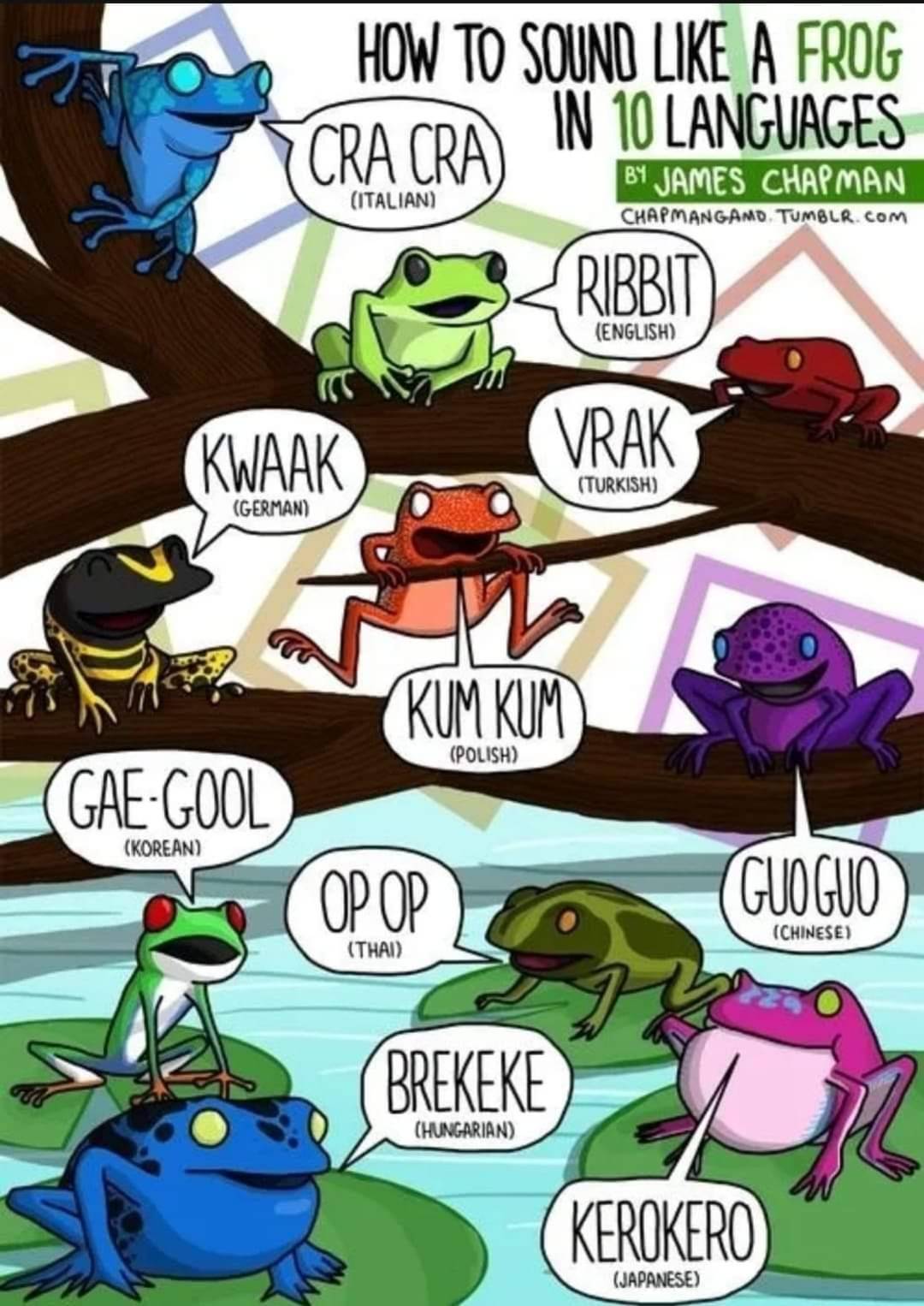this post was submitted on 23 Oct 2024
417 points (98.2% liked)
Science Memes
12009 readers
2852 users here now
Welcome to c/science_memes @ Mander.xyz!
A place for majestic STEMLORD peacocking, as well as memes about the realities of working in a lab.

Rules
- Don't throw mud. Behave like an intellectual and remember the human.
- Keep it rooted (on topic).
- No spam.
- Infographics welcome, get schooled.
This is a science community. We use the Dawkins definition of meme.
Research Committee
Other Mander Communities
Science and Research
Biology and Life Sciences
- [email protected]
- [email protected]
- [email protected]
- [email protected]
- [email protected]
- [email protected]
- [email protected]
- [email protected]
- [email protected]
- [email protected]
- [email protected]
- [email protected]
- [email protected]
- [email protected]
- [email protected]
- [email protected]
- [email protected]
- [email protected]
- [email protected]
- [email protected]
- [email protected]
- [email protected]
- [email protected]
- [email protected]
- !reptiles and [email protected]
Physical Sciences
- [email protected]
- [email protected]
- [email protected]
- [email protected]
- [email protected]
- [email protected]
- [email protected]
- [email protected]
- [email protected]
Humanities and Social Sciences
Practical and Applied Sciences
- !exercise-and [email protected]
- [email protected]
- !self [email protected]
- [email protected]
- [email protected]
- [email protected]
Memes
Miscellaneous
founded 2 years ago
MODERATORS
you are viewing a single comment's thread
view the rest of the comments
view the rest of the comments

Hot take, English got it wrong. I've never heard a frog make a sound like "ribbit". German or Turkish, on the other hand, seems like a sensible and appropriate sound a frog would make.
I've definitely heard some sort of frog/toad make the "ribbit" sound, but I'd say the German "kwaak" is probably more common. The various Asian sounds seem odd to me though. I suppose it is entirely possible the frogs makes different sounds there.
IIRC different species of frogs make wildly different sounds, so all of the languages might just be what type of frog lives in that country.
It's a real thing. Super common in the Southern US when I was a kid.
Yeah, that's the kind of frog sound I've always known to be most prominent. I was also wondering just how much the most common species in a region affects the onomatopoeia, along with the language used.
Have you ever set by a creek on a warm summer night? It's more like riib riib riib riib, but I can see where ribbit came from
Edit: found this which is pretty close to what I'm talking about.
When I was young and lived in the country with a big pond and marshland, most of the frogs went “THUMMM” at night (like this https://m.youtube.com/watch?v=6qHBRXLHXnc) and the others were more like a high pitch creaky door or one of those hollow wooden frogs with the back ridges that you play with a stick, like this https://m.youtube.com/watch?v=p-XPYXuCOjg
I’ve never lived near any sort of frogs that I’d describe as making a riib sound
I think this is the sound you are talking about? It’s kinda harder to pick out in your video for me, but there’s a distinct riib sound there over the top of everything else that’s absent from the other video. If that’s not the sound you are talking about, I’m pretty sure it is the source of “ribbit”. https://m.youtube.com/watch?v=8fJWGKbXw4Y
Yep, that's a far better example of what I menat.
Where I grew up if it made a deeper noise it was a bull frog. Normally a Ruuuurp like call.
Counterpoint: "Kwaak" is the sound a duck makes, so frogs gotta say something else.
Some frogs ribbit. Other frogs croak.
Fun fact: Most frogs don't say ribbit, but one of the earliest film sound libraries included a frog that does say ribbit, and so that sound is the sound of a frog in many films and television programs, but not in nature documentaries which record their own audio.
So much of the English speaking world, far, far more broadly than the spread of that type of frog, think frogs typically say ribbit.
If you watch a nature documentary about frogs, you'll hear a vast array of different sounds, and this map will make much more sense.